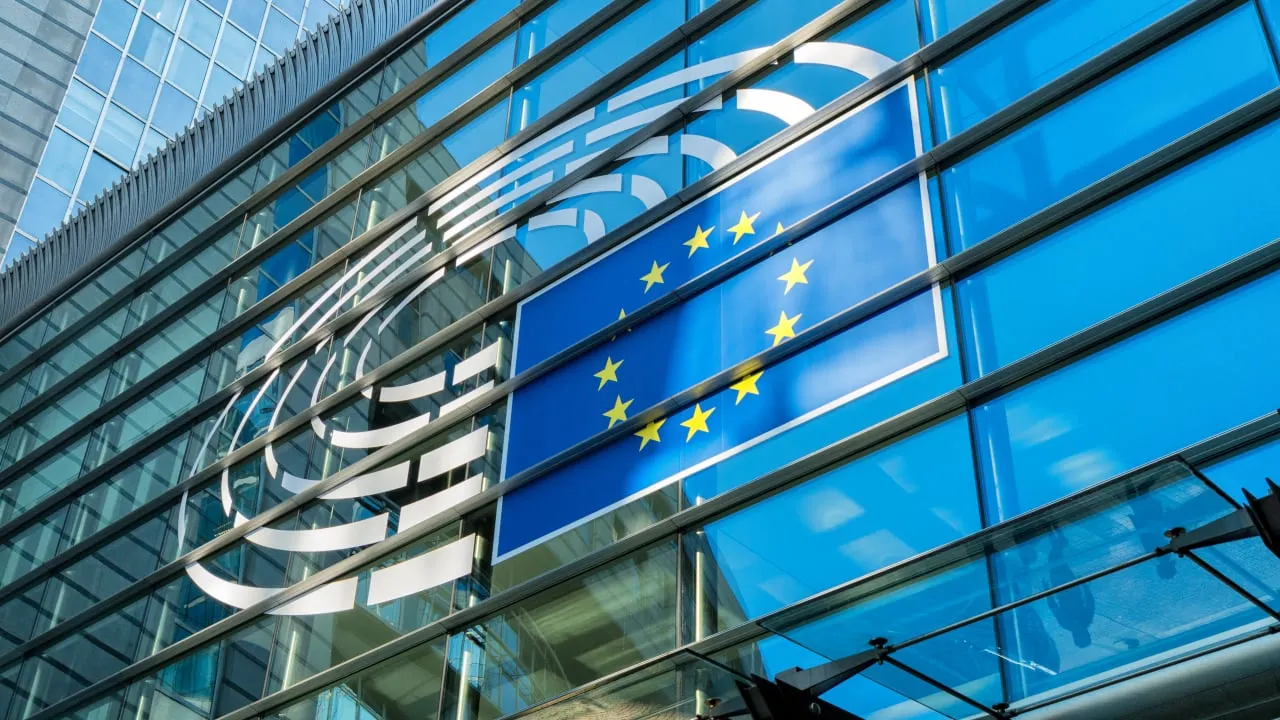European Union lawmakers say that new regulations on cryptocurrency in the region will end the industry’s ‘wild west’ era and restore trust, following the high-profile collapses of last year.
Markets in Crypto Assets (MiCA) will go to a vote at the European Parliament in Strasbourg tomorrow, marking a major milestone in the proposal’s passage into law.
Ahead of the vote, parliamentarians debated the merits of the package in the chamber today, with several hailing the introduction of a legal framework as a major step forward in the bloc.
Ernest Urtasun, a Spanish MEP who was one of the members tasked with putting together the legislation, said MiCA would “mark the end of the wild west era for the unregulated world of crypto assets”.
“For over a decade, the lack of regulation has resulted in massive losses to many first-time investors and provided a safe haven for fraudsters and international criminal networks. MiCA represents an important and necessary first step to bring the crypto sector under regulatory oversight.”
Stefan Berger, the German MEP who was the lead architect of the regulation, said it would put the EU “at the forefront of the token economy”, and would “restore the trust that was damaged by the FTX case”.
Several other members speaking in support of MiCA also mentioned the catastrophic collapse of FTX. Financial commissioner Mairead McGuinness even said that had FTX been under EU jurisdiction, “many of its practices would not have been permissible”, and pointed to rules within MiCA which require companies to disclose conflicts of interest and not use client funds.
Politicians voice concerns
While around a dozen parliamentarians voiced their support for the proposal, there was also some dissent and pushback.
Irish MEP Chris MacManus said he backed MiCA because of its emphasis on transparency and consumer protection, but that his own opinion of crypto is not high.
“I have no interest in creating a market in, or fostering the use of, crypto assets,” he said. “At their worst, they’re pyramid schemes, are used by criminal gangs for money laundering, are defrauding working people, and they can waste huge amounts of energy for no purpose.”
Meanwhile Dutch MEP Paul Tang compared crypto to an episode in his own country’s history: the tulip craze of 1637, an early financial market bubble.
“The bubble burst, savers and speculators and investors were left in ruins,” he said. “The similarities with crypto are stark. Nobody knows what to use them for, but they are the next hot thing.” However, he conceded that tulips are now part of Dutch culture, and said that perhaps crypto could achieve “the same thing” one day.
Objections were also raised by Gunnar Beck, a German MEP who said the EU was “criminalizing decentralized finance and its users” by requiring more transactions to be reported to relevant authorities. “The EU is establishing a total financial surveillance state,” he added.
Many MEPs spoke of the need to keep the regulation relevant, and to avoid falling behind technological developments.
“Europe missed the innovation train when it came to the internet,” said Portugal’s Lídia Pereira. “It is not sufficient now to just catch the train, we have to be the drivers of this new era.”
If passed by the parliament tomorrow, MiCA will receive final approval from the European Council in May before being officially published. Its rules regarding stablecoins will come into force in July next year, but providers will have more time to get up to speed with some other requirements which won’t come in until January 2025.

